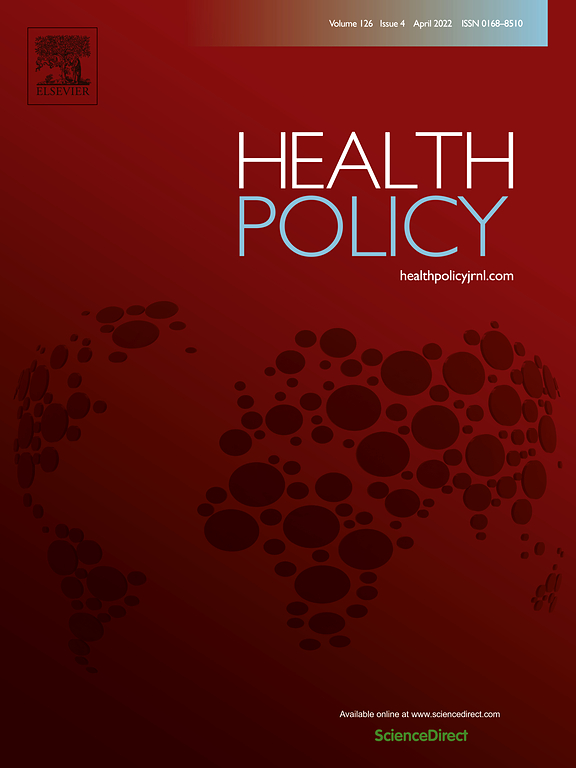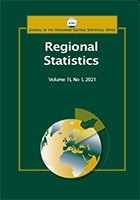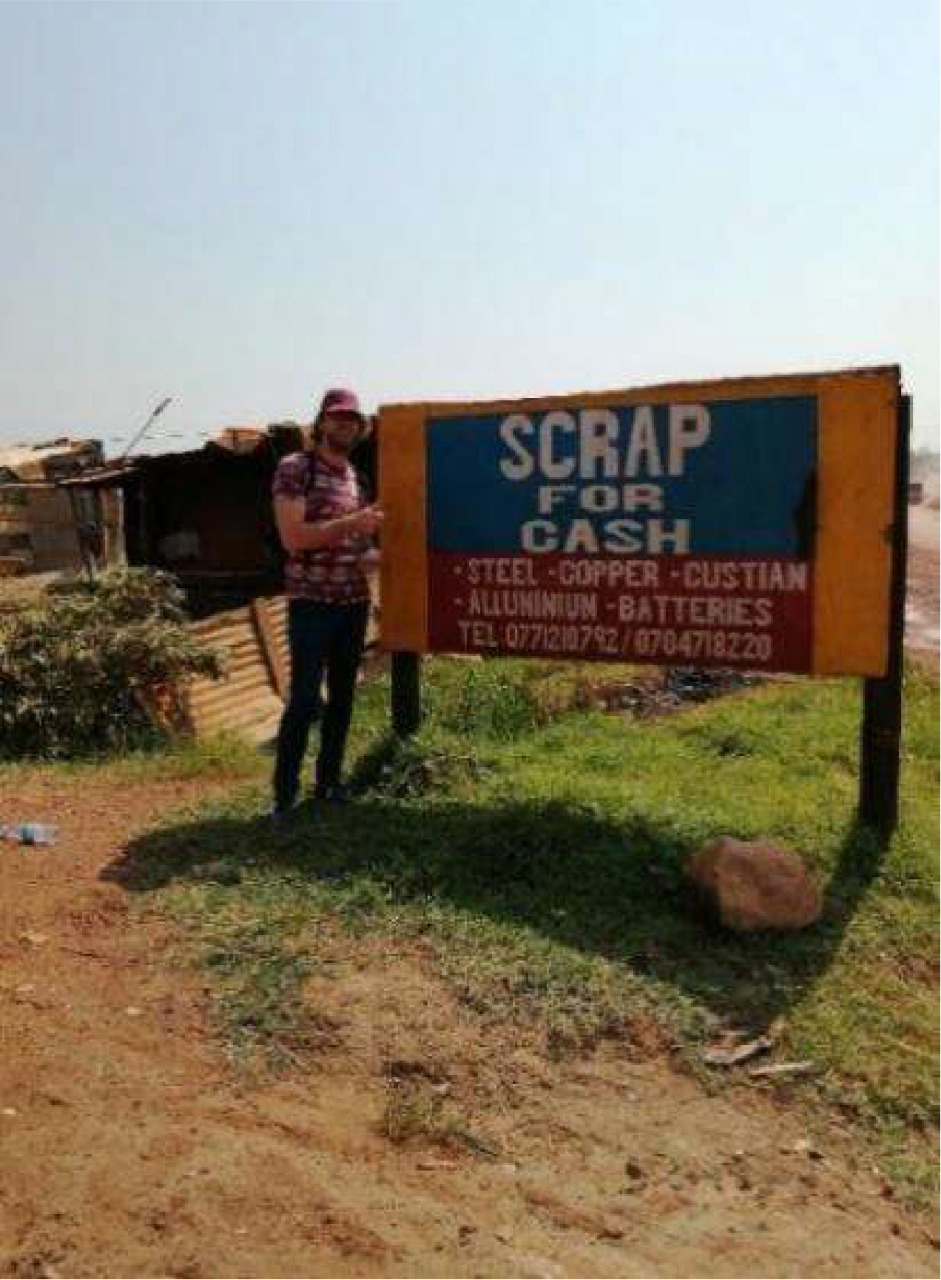Az előadásra hibrid formában kerül sor zoom felületen, illetve személyesen a T.4.23. KTI szemináriumi teremben 2025.05.22-én, 13.00 órától.
Előadó: Héctor Hermida-Rivera
Cím: Self-Equivalent Voting Rules
Absztrakt:
In this paper, I introduce a novel stability axiom for stochastic voting rules—called self-equivalence—by which a society considering whether to replace its voting rule using itself will choose not do so. I then show that under the unrestricted strict preference domain, a voting rule satisfying the democratic principles of anonymity, optimality, monotonicity and neutrality is self-equivalent if and only if it is proportional (i.e., uniform random dictatorship). Thus, any society that desires stability and adheres to the aforementioned democratic principles is bound to either employ proportional voting rule or decide whether to change its voting rule using a voting rule other than itself.









